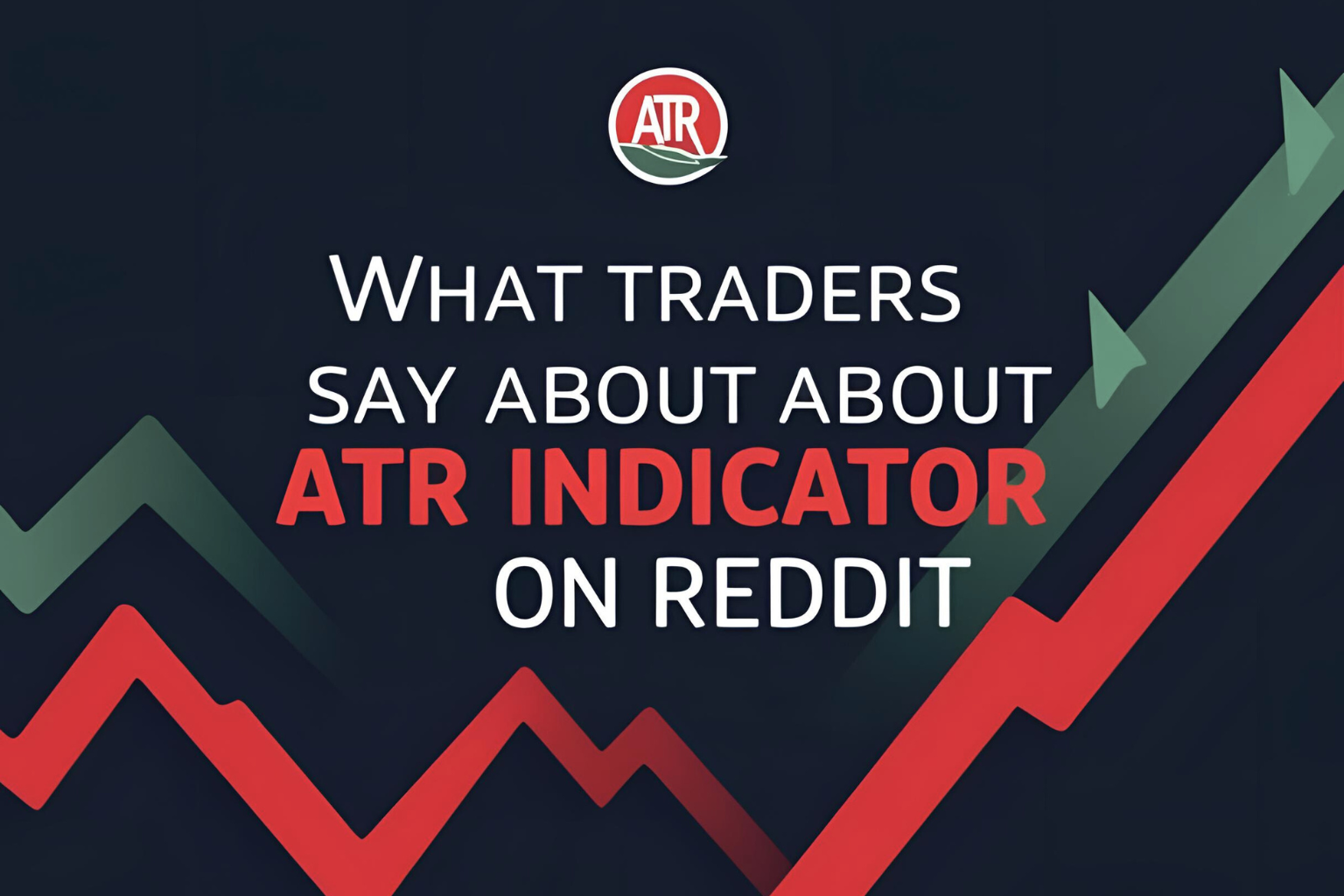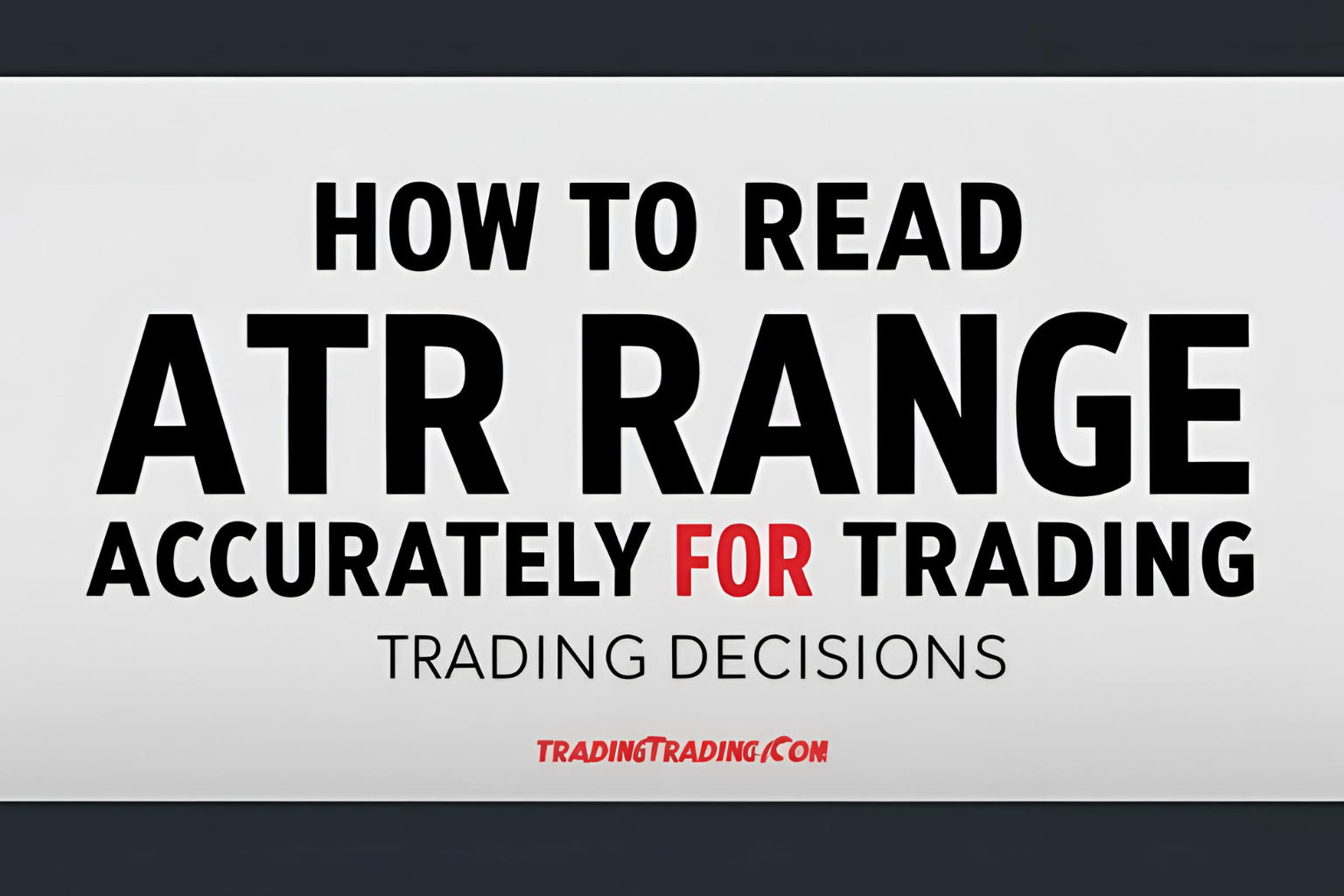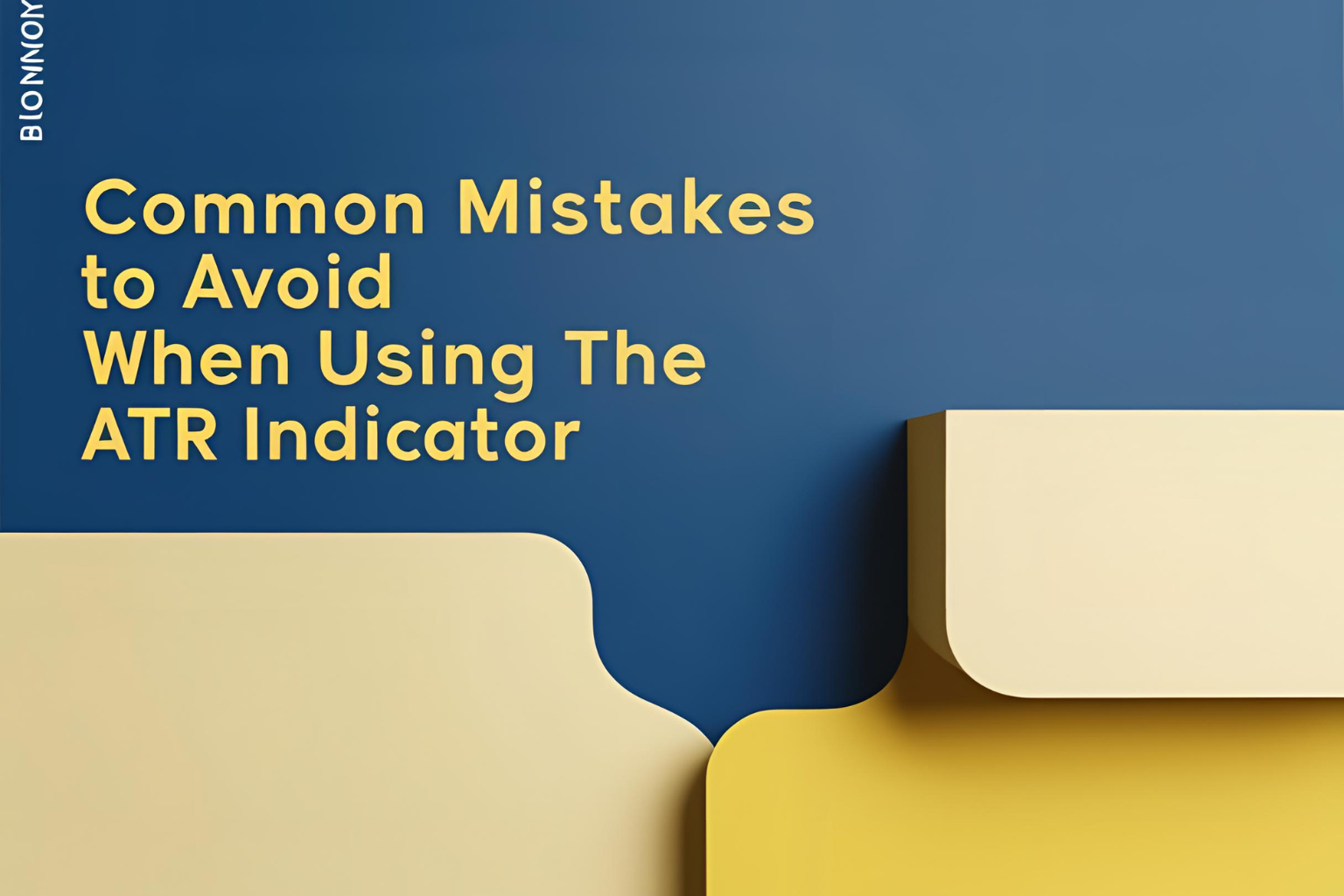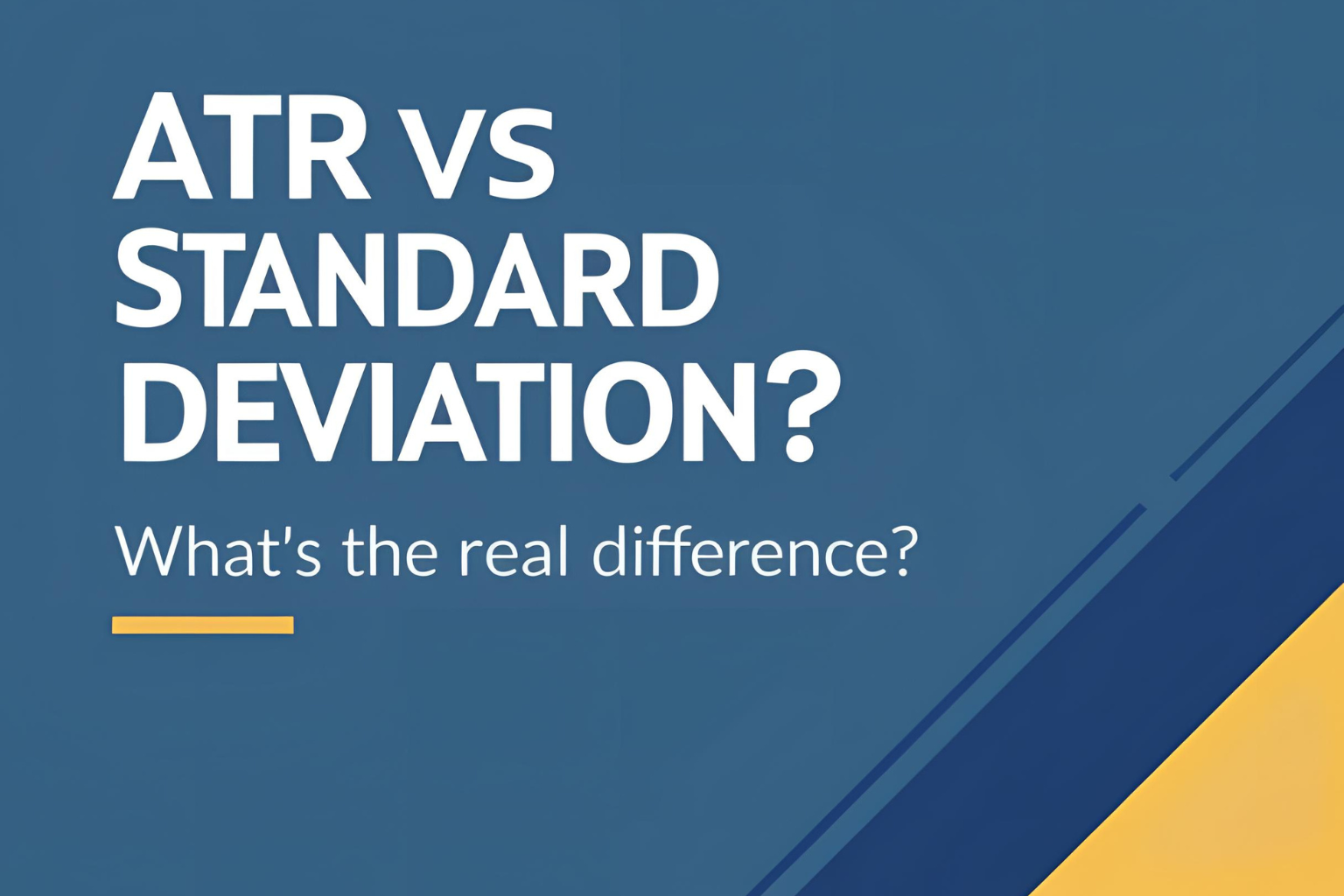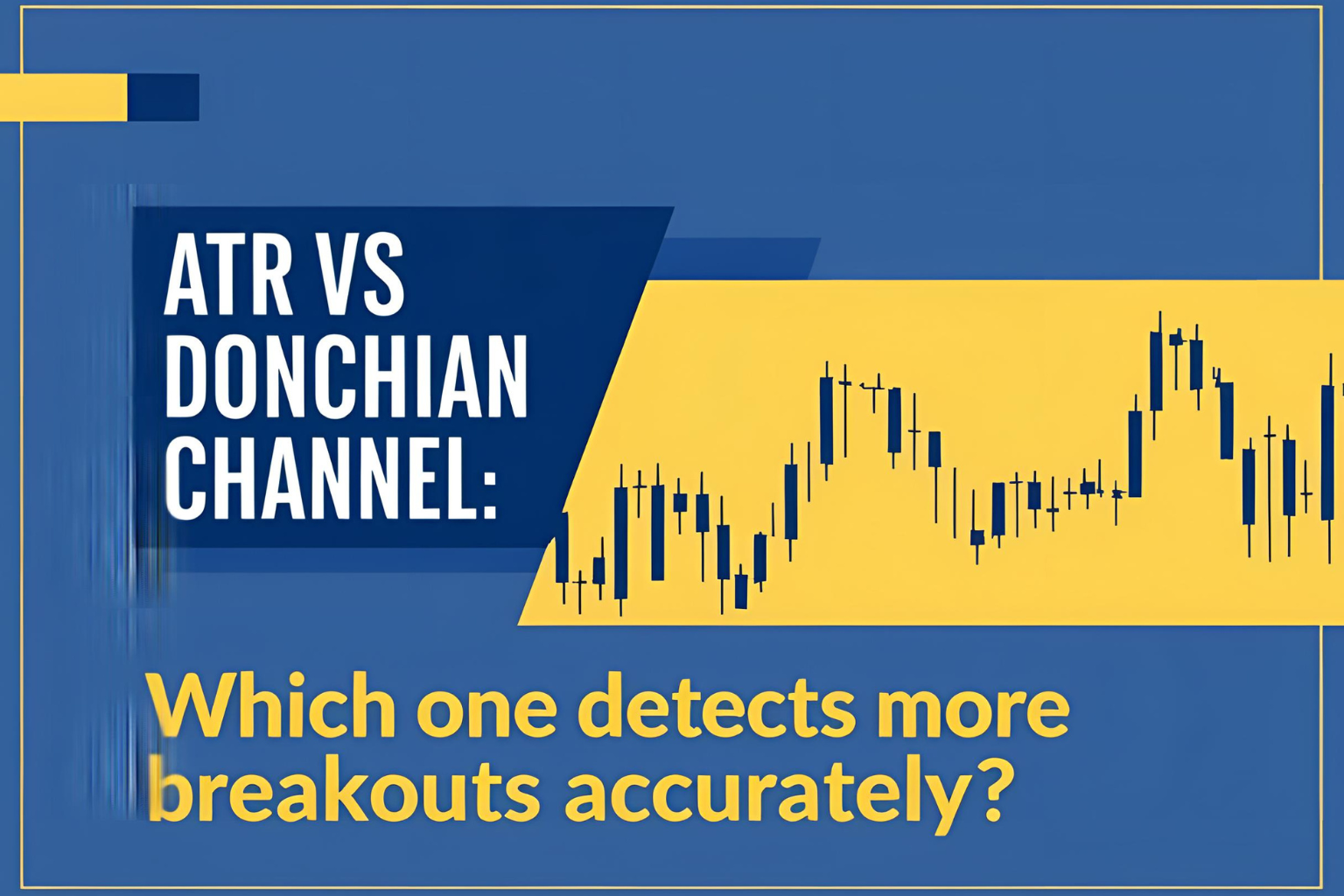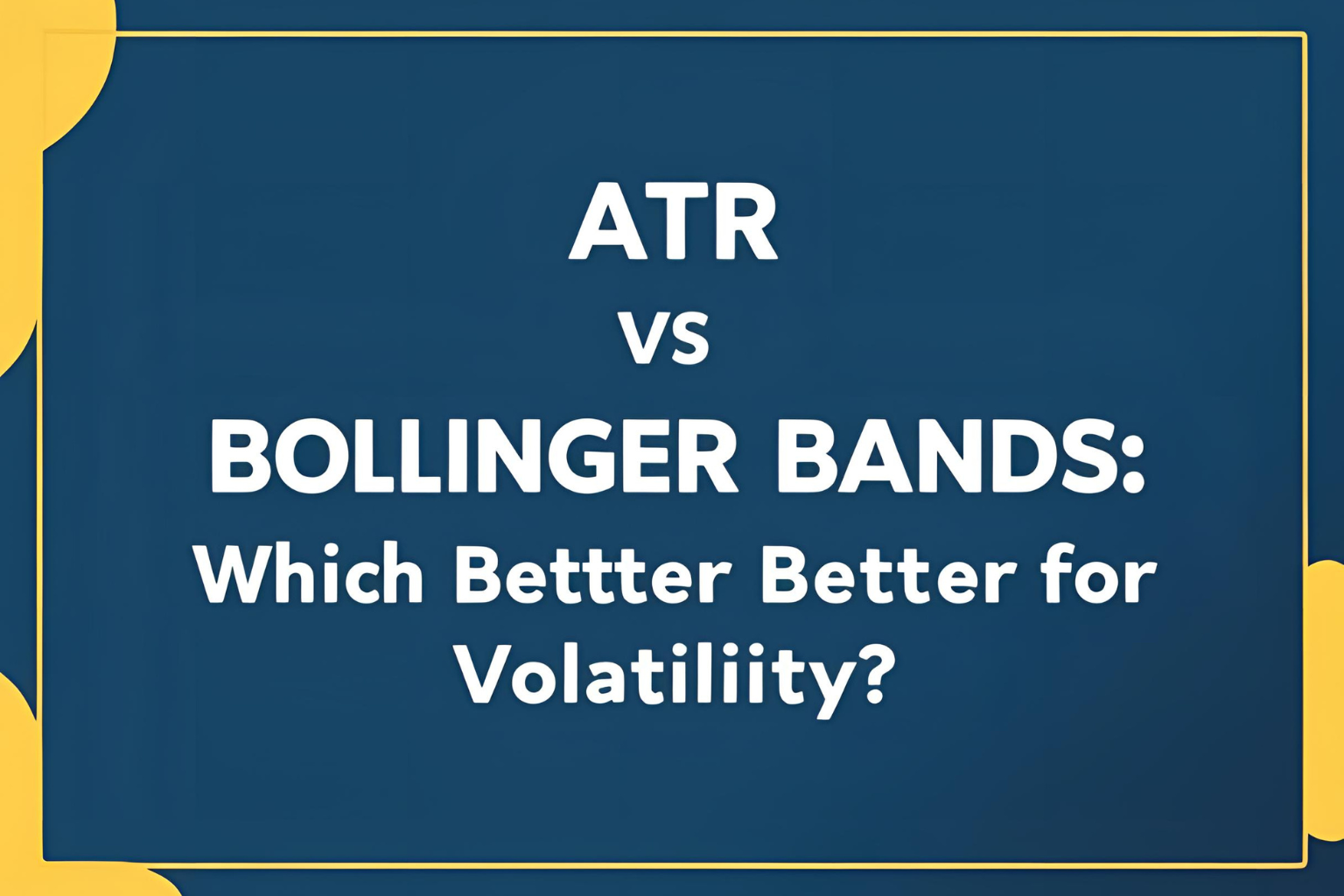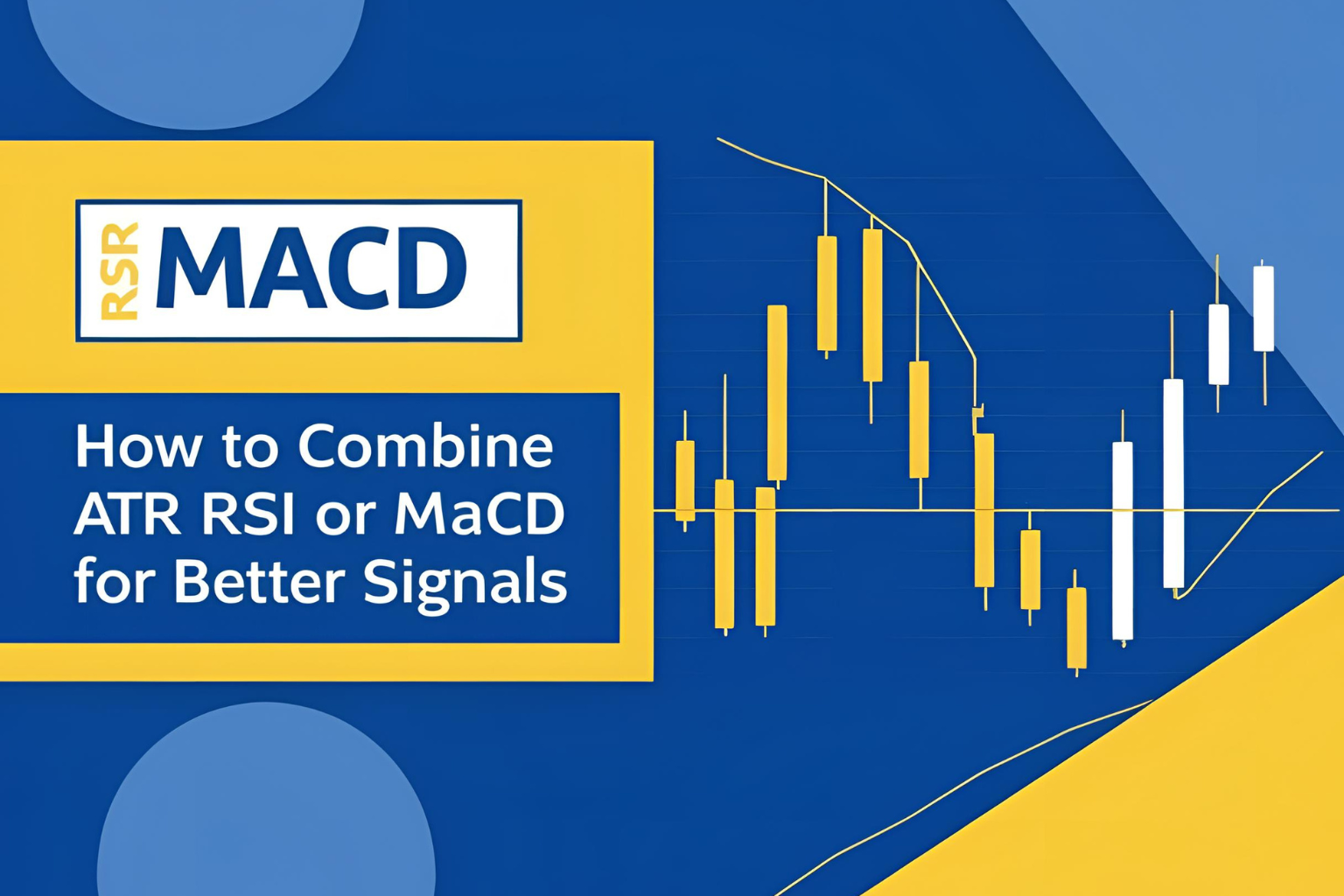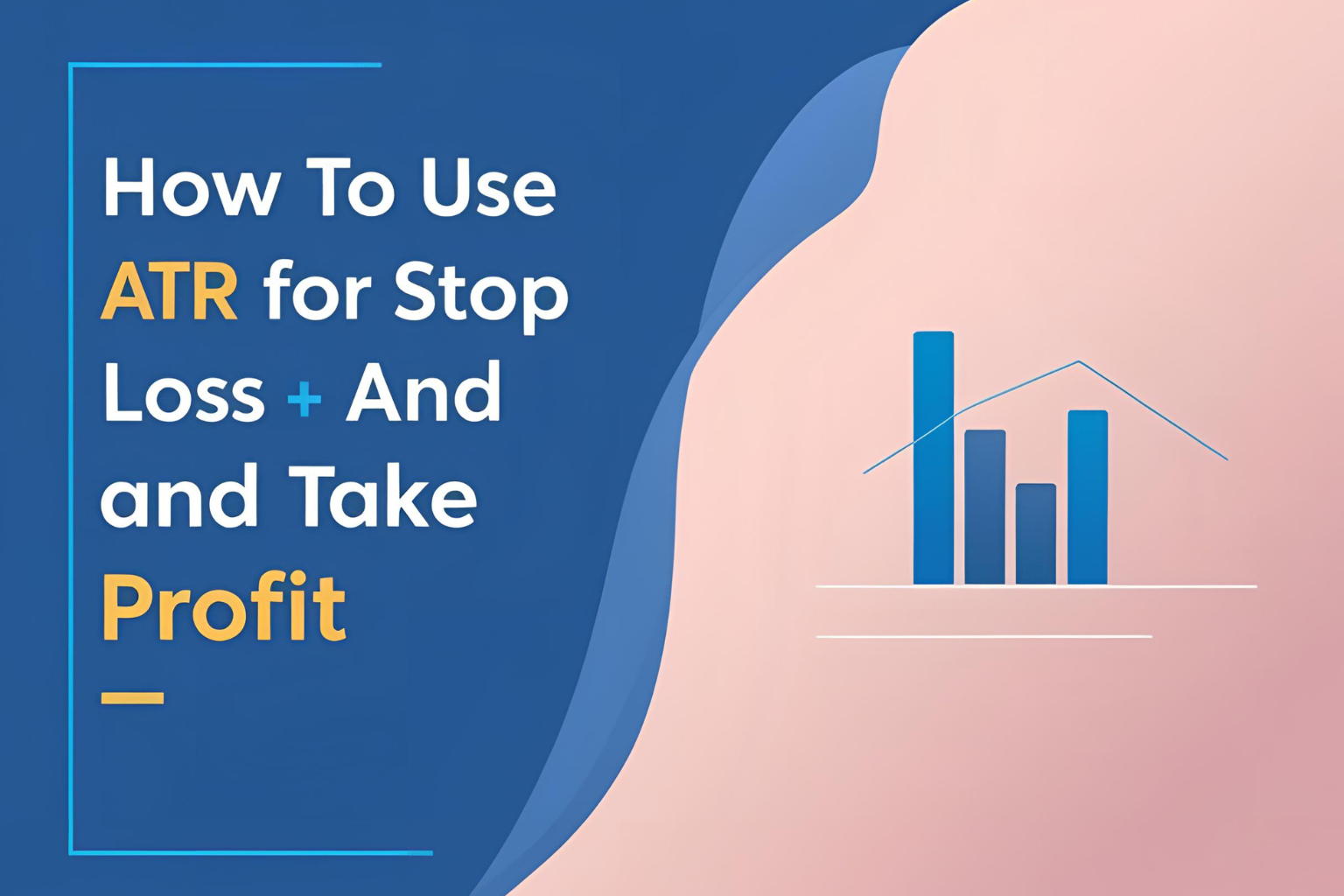What Traders Say About ATR Indicator on Reddit
The ATR (Average True Range) is a widely discussed indicator among traders on platforms like Reddit, where thousands of retail and professional traders share their strategies, tools, and opinions. In this article, we summarize what Reddit users say about the ATR indicator—how they
How to Read ATR Range Accurately for Trading Decisions
The ATR (Average True Range) indicator tells you how much an asset typically moves over a set period. But simply knowing the value isn’t enough—you need to know how to read the ATR range and apply it to your trading decisions effectively. In
Common Mistakes to Avoid When Using the ATR Indicator
The ATR (Average True Range) indicator is a powerful tool for measuring market volatility, but many traders misuse or misunderstand it. Knowing what not to do is just as important as understanding how to use it. This article highlights the top ATR indicator
ATR vs Standard Deviation: What’s the Real Difference?
Both ATR (Average True Range) and Standard Deviation are popular tools for measuring volatility in trading. While they seem similar on the surface, they serve different roles and respond to market conditions in unique ways. In this article, we’ll compare ATR vs standard
ATR vs Donchian Channel: Which One Detects Breakouts More Accurately?
The ATR (Average True Range) and the Donchian Channel are both popular technical indicators, but they serve different purposes. Traders looking for breakout setups often wonder which tool provides a better signal. This comparison will help you understand when to use ATR, when
ATR vs Supertrend Indicator: Which Offers Better Entry Points?
Both the ATR (Average True Range) and the Supertrend indicator are commonly used in trading, but they serve different purposes. While ATR helps manage volatility and risk, Supertrend is often used for entry and exit signals. In this article, we’ll compare ATR vs
ATR vs Bollinger Bands: Which Is Better for Volatility?
Both ATR (Average True Range) and Bollinger Bands are widely used for analyzing market volatility, but they work in very different ways. Knowing when and how to use each can help you make better trading decisions. In this post, we’ll break down the
How to Combine ATR with RSI or MACD for Better Signals
The ATR indicator is excellent at measuring volatility, but it doesn’t tell you when to enter or exit a trade. That’s why smart traders often combine ATR with directional or momentum indicators like RSI or MACD. This combination helps you: Let’s break down
Best ATR Settings for 5-Minute Chart Scalping
Scalping on the 5-minute chart requires fast decision-making, precise entry/exit points, and highly responsive indicators. The ATR (Average True Range), when configured properly, can be a powerful tool for managing risk and catching short bursts of price action. In this article, you’ll learn
How to Use ATR for Stop Loss and Take Profit
The ATR (Average True Range) is one of the most reliable tools for setting volatility-based stop-loss and take-profit levels. Unlike fixed-point or percentage-based exits, ATR adapts to current market conditions, helping you manage trades with more precision. In this post, you’ll learn step-by-step

